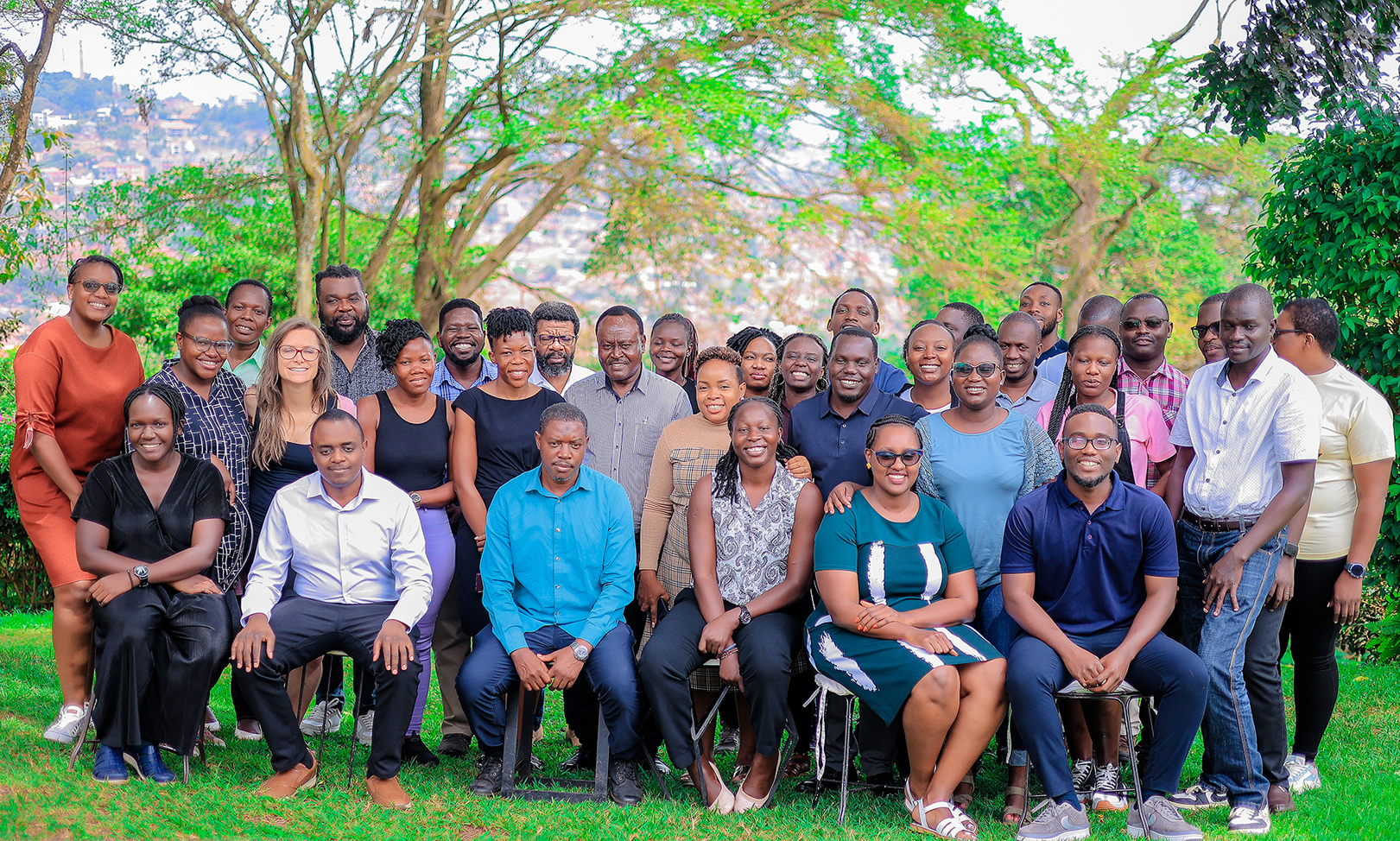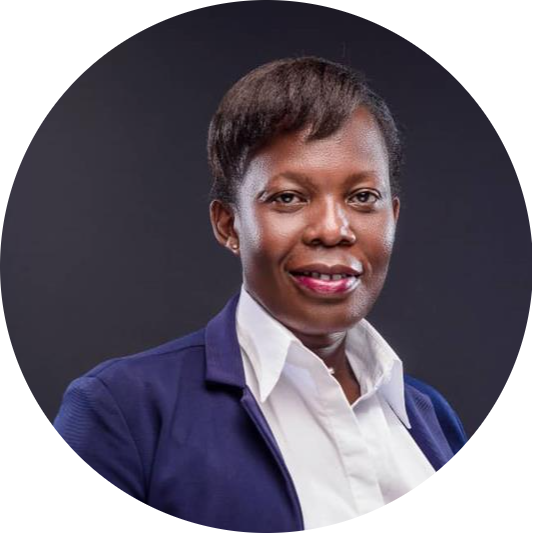
Introduction
The Climate Smart Jobs project is a successor project of the Northern Uganda Transforming the Economy through Climate Smart Agribusiness Market Development (NUTEC MD). The CSJ Deputy Team Leader, Technical – Jackline Kitongo was a Senior Technical Manager on the NU-TEC MD project. Here, she is interviewed by the CSJ Communications Lead, Josephine Karungi, and she reflects on the assumptions made and the lessons she is learning on CSJ.
Early Thoughts
I thought that identifying and building partnerships with the private sector would be a breeze since we’d been in this space before and knew the players. It wasn’t. First, I assumed that the private sector had an in-depth understanding of climate change. They did. I assumed that with that understanding, they saw the need to urgently act. They did not. Convincing them that action now would build the resilience of both their businesses and smallholder farmers took time, especially since many are focused on immediate gains. Second, we underestimated the startup pace. Coming off NUTEC MD’s closure, we set ambitious milestones based on that speed, forgetting that CSJ was a fresh start. New systems, new teams - it slowed us down in significant ways.
What sacrifices did you have to make?
The team went all in. We worked extra hours, way beyond normal, to hit our goals, like delivering the inception phase in just three months, a rare feat for market systems projects. People took on roles outside their job descriptions, stepping up wherever needed to keep things moving.
Where did you struggle personally?
Letting go of NU-TEC MD’s memories was hard. I saw CSJ as a follow-on and leaned on old habits, which limited my creativity. Once I separated the two, it was a turning point for me. I started treating CSJ as its own independent, innovative programme building on NUTEC but not NU-TEC 2.0. Also, re-learning the team was a challenge. I knew people from NUTEC MD at different project stages, but CSJ showed me new sides of them and them of me. Some people joined NUTEC at inception, others at implementation and others at closing. On CSJ, I started experiencing different sides of people and they were also experiencing a different version of me. Getting to understand the team better, agreeing to re-learn everyone. This has helped me a lot. I now understand people holistically and yes, I'm still learning.
What is the lesson there in these struggles that you have just explained? What can we learn from that?
Be open and adaptive. There's always room to undo confirmation biases and optimism biases and to check yourself. I was assuming that I knew people’s strengths, but I had to rethink my expectations. CSJ’s different pace taught me patience, too. I’m naturally fast paced, but rushing ahead alone doesn’t work, you have got to move with the team, even if it means slowing down. The CSJ project has completely different expectations. It is about being flexible, being adaptive, but also being patient. At the beginning, when we were not able to get to the speed at which we did things in NU-TEC, there was frustration. I had to remind myself that this was a new project.
What could we have done different?
A couple of things, starting from our onboarding process. It could have been sharper. We should have anticipated the startup chaos, prepared the team and set realistic expectations about workload and flexibility. Our targets were too ambitious. We adapted later, but setting grounded goals from the start would’ve saved us so much stress.
Do you think we took our experience from the NU-TEC MD project for granted?
Absolutely. We knew the private sector and we thought it was going to be easy to bring them on board. So having the same team, operating in the same region, we thought, no problem, we can do this! But, that one-year gap since NU-TEC shifted the private sectors priorities.
What are you most thankful for along this journey?
The team. They have pushed me to uncover strengths I did not know I had, like diving into Evaluation, Research & Learning or understanding communications for delivery, not just branding. The communications version we’re using, I had never experienced it before. I’ve learnt how to communicate better and how to use communications to deliver a programme. In the past, I thought communications was all about informing people about what you are doing, branding and visibility.
Are we gaining ground as a project?
If you look at the solutions and the way we are delivering them, the project is well aligned with today’s market realities. It is aligned to the needs of the private sector and the smallholder farmers. With approaches such as the Farmer Group Enterprises (FGEs), most Market Systems Development programmes will say we have to work with the private sector, but the FGE concept encourages working with smallholder farmers as entrepreneurs and this then helps them grow their businesses themselves. They become role models and it's easier for them to inspire other smallholder farmers. We are gaining traction. Market actors are seeing the need to change practise as they realise that most of the trainings that they have had and even some of the varieties that they are selling, were designed for a different period. With the changes in climate and the projected future changes, they need to adapt their practice to the needs of not only now, but the future too.
Where would you make recommendations for a programme that is wanting to work with private sector to reach smallholder farmers?
Listen to farmers directly. Market Systems Development often zooms in on the private sector, skipping real engagement with smallholder farmers and there is a risk there, of missing their actual needs. Blend both perspectives and do not assume you know what farmers want based on past projects.
